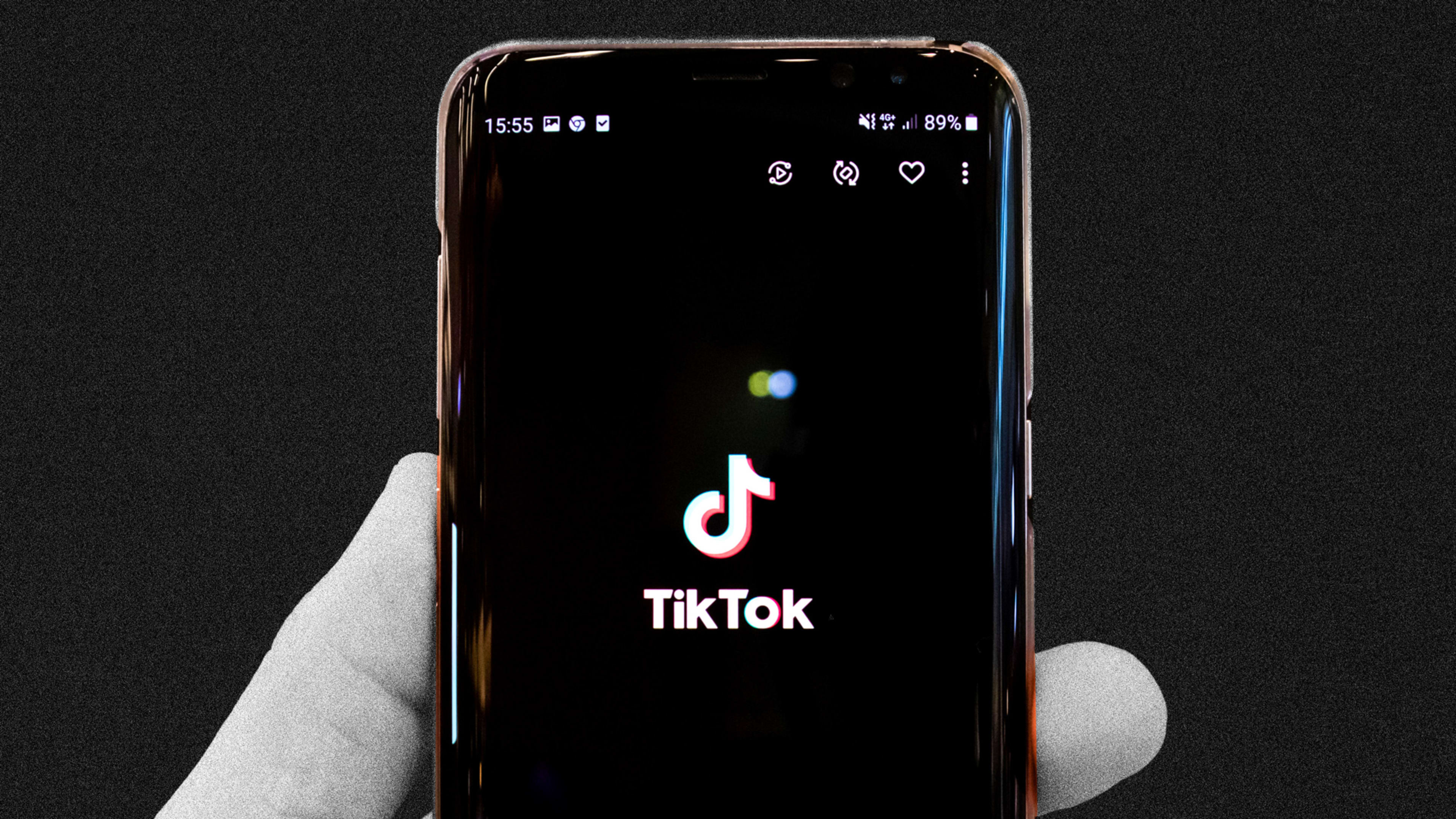I don’t see the TikTok habit I’ve developed going away anytime soon, but I won’t be using the new “Log in with TikTok” feature.
The new feature, announced last week, will let TikTok users log into other apps using their TikTok username and password. Other social networks offer similar features, which can be simpler than creating a new account from scratch. But it also creates a way for the social network to keep tabs on what its users are doing far outside its walls.
Those who log in with TikTok will have to trust that TikTok, and its Chinese owner ByteDance, will keep that data and other data it holds about them private and secure. That’s a pretty big ask for a company that was trusted so little last year that the U.S. government demanded it sell itself off to a U.S. company or vanish from the U.S. market. (The Trump-era deal to turn TikTok’s U.S. operations over to Oracle later fell apart.)
Even if TikTok has no privacy-harming intentions for the new feature, it’s worth a measure of concern if only because of past abuses of similar features by other tech companies.
More than a decade ago, Facebook began letting members use their Facebook credentials to quickly log into other apps and websites, but it was a convenience that came with a price. Data about the apps and sites Facebook users logged into, and what they did there, was sent back to Facebook’s servers. And an expansive set of personally identifiable information (PII) was shared with developers whose apps integrated the feature. Though it introduced some limitations to the data that third parties could get starting in 2014, that pipeline was how the PII of millions of Facebook users ended up in the hands of Cambridge Analytica, the data firm that helped Trump get elected in 2016. After the scandal, Facebook further narrowed the data set developers could receive about users.
TikTok could wittingly or unwittingly collect more data than it’s supposed to.
TikTok says that the only thing it will know about your activity on third-party apps using Log in with TikTok is that you signed into them. Apps that allow the TikTok login will be able to see the user’s public profile and public videos.
But this sort of data collection is unregulated and unmonitored. TikTok could wittingly or unwittingly collect more data than it’s supposed to. Just last year a new feature in iOS revealed that TikTok and other apps were routinely reading users’ clipboards every time they launched. TikTok quickly corrected the problem in a new version of its app. At some point in the future, the company could intentionally expand the data it collects by quietly changing its terms of service.
I also don’t have complete confidence in TikTok’s ability to protect the privacy and security of the data it already holds. In January Check Point security researchers discovered a vulnerability in the TikTok app that could have allowed hackers to grab users’ phone numbers and other account details.
Bigger and bolder
TikTok has seen massive growth over the past three years. eMarketer says the social network’s total U.S. users will grow 18.3% this year to hit 78.7 million, surpassing Snapchat’s user count by the end of 2023.
TikTok is starting to expand its ambitions beyond the basics of letting people share brief, quirky videos. It’s adding new features that extend its influence well beyond its own app. It’s reportedly now testing an in-app shopping feature that could challenge Instagram’s shopping features. Alongside the login feature, TikTok announced a new integration that will allow other apps to share music directly to TikTok. The app’s growth and new moves also extend the scope of its data-harvesting power. The company uses this data the same way Facebook does—to target ads. The view into other apps allowed it by the new login feature might also give it valuable insight into what kinds of apps and features users are gravitating to, so that it might add those things to its own service.
Don’t get me wrong. I love TikTok. The app brings out creativity in people in a way I’ve never seen before. Its video-curation algorithm is top-notch, serving videos that keep me (too) engaged, without pandering to my baser instincts or leading me down rabbit holes.
But we should all learn from the days of unchecked Facebook-style surveillance capitalism. When some social network offers you something for free, start asking questions about the privacy of your data.
Recognize your brand's excellence by applying to this year's Brands That Matters Awards before the early-rate deadline, May 3.
